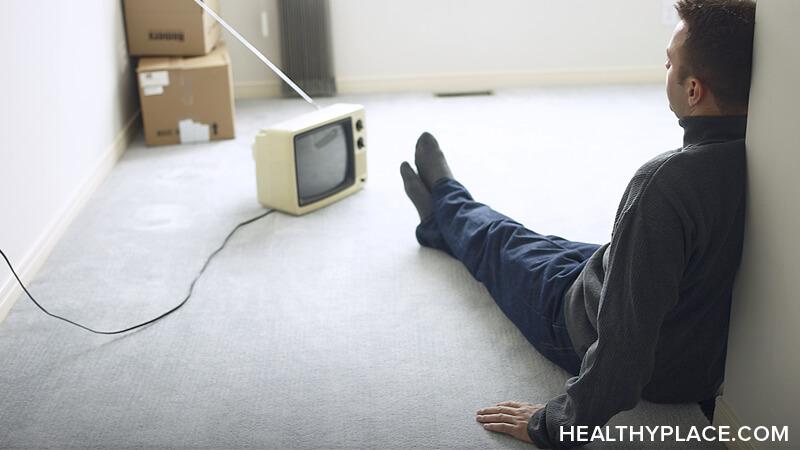How to Handle News Coverage That Stigmatizes Mental Illness

News coverage that stigmatizes mental illness often occurs after events like mass shootings and other tragedies. The reporters often bring up mental health and how that may have played a part in what happened. Whether or not there is even any initial evidence of mental illness, the fact that someone could commit such an atrocity invokes assumptions of mental instability. People then tend to associate that idea with mental illness as a blanket statement, despite how complex and different individual mental illnesses are. With these conversations inevitably comes misinformation and stigma, and when these news stories saturate our social media and even traditional media sources, it can be tough to contend with as someone with a mental illness. News coverage that stigmatizes mental illness creates problems for society and individuals, and here are two ways it happens.
How News Coverage Stigmatizes Mental Illness and People Who Need Mental Health Help
It Does Not Explain Mental Illness Complexity
Yesterday’s shooting at a church in Sutherland Springs, Texas by a shooter identified as Devin Patrick Kelley resulted in the deaths of 27 people, including himself, and the injuries of many others.1 Calls for gun reform is a big topic of conversation since then, but there are also debates about whether or not this man had a mental illness and how that may have played into it (Mental Illness and Gun Violence: Stigma Teaches Fear). This speculation results in news coverage that stigmatizes mental illness.
.
Both are valid conversations to have, since sometimes mental illness does play a part in criminal activity, but the problem is how these people have conversations. Most times the complexities of mental illnesses are not addressed, rather just leaving the two ideas of atrocity and mental illness side by side for people to make assumptions about. It leaves room for thoughts that, without distinction, all people with mental illnesses are dangerous.
It Deters People Who Need Mental Health Help from Seeking It
When no one involved in the news coverage stigmatizing mental illness takes the time to explain that not everyone with mental illness is dangerous, it can make things very difficult for people with mental illnesses, even preventing them from seeking help because they’re afraid they’ll be treated like a criminal or threatening individual. Sure, there are people who will speak out against that stigma, but not everyone will, and seeing posts repeatedly about how awful people with mental health issues are has the potential to drive someone into isolation.
Simple Ways to Cope with News Coverage That Stigmatizes Mental Illness
- Disengage. If you’re seeing posts stigmatizing mental illness that are bothering you or making you feel badly about yourself, do what you can to turn away from those posts and even in-person conversations. That could mean leaving a situation or avoiding the Internet for a while, perhaps, but you need to take care of you first.
- Reach out. It could be to your support network, your therapist, or even a mental health hotline, but reach out and talk about what you’re feeling. Talking through your concerns and feelings about how this news is affecting you is a great way to work through it. Speaking with others gives us new perspective and helps us get out of our own negative thoughts or even simply helps to relieve frustration.
It’s not surprising that news coverage that stigmatizes mental illness saturates our media, but understanding how it affects stigma and what we can do if we’re feeling stigmatized because of it is important. We don’t have to be passive bystanders just taking it in; even if we don’t want to speak out, there are things we can do, such as the suggestions above, to make sure we are in a good place despite it all.
Citation
- Holley, P., Phillips, K., & Berman, M. (2017, November 06). Texas church massacre was not 'a random act of shooting' and may have been targeted, governor says. Retrieved November 06, 2017, from https://www.washingtonpost.com
APA Reference
Barton, L.
(2017, November 6). How to Handle News Coverage That Stigmatizes Mental Illness, HealthyPlace. Retrieved
on 2025, December 5 from https://www.healthyplace.com/blogs/survivingmentalhealthstigma/2017/11/how-to-navigate-news-that-stigmatizes-mental-illness
Author: Laura A. Barton
With media coverage today being less than ideal on a lot of areas I think this is such an important topic to discuss. It's helpful to find ways that allow us to stay informed without causing ourselves upset or suffering. I think your suggestions for coping are spot on. In cases like these the simpler the better. Whether it's unplugging, reaching out, or both -- do what works for you and stick with it!
